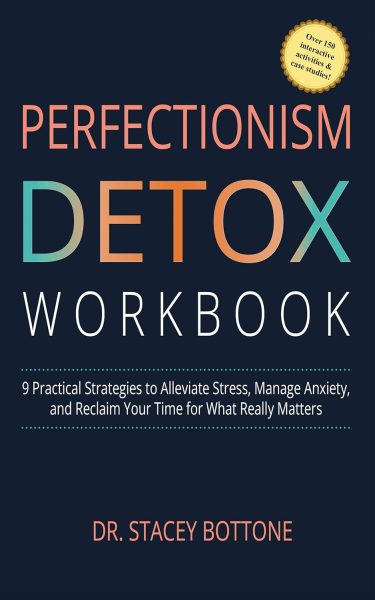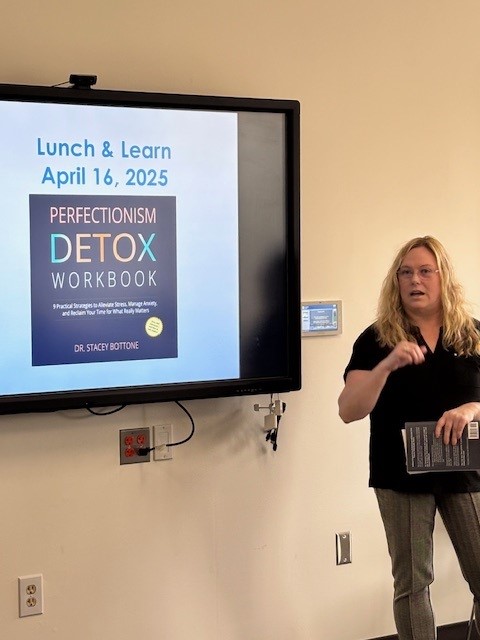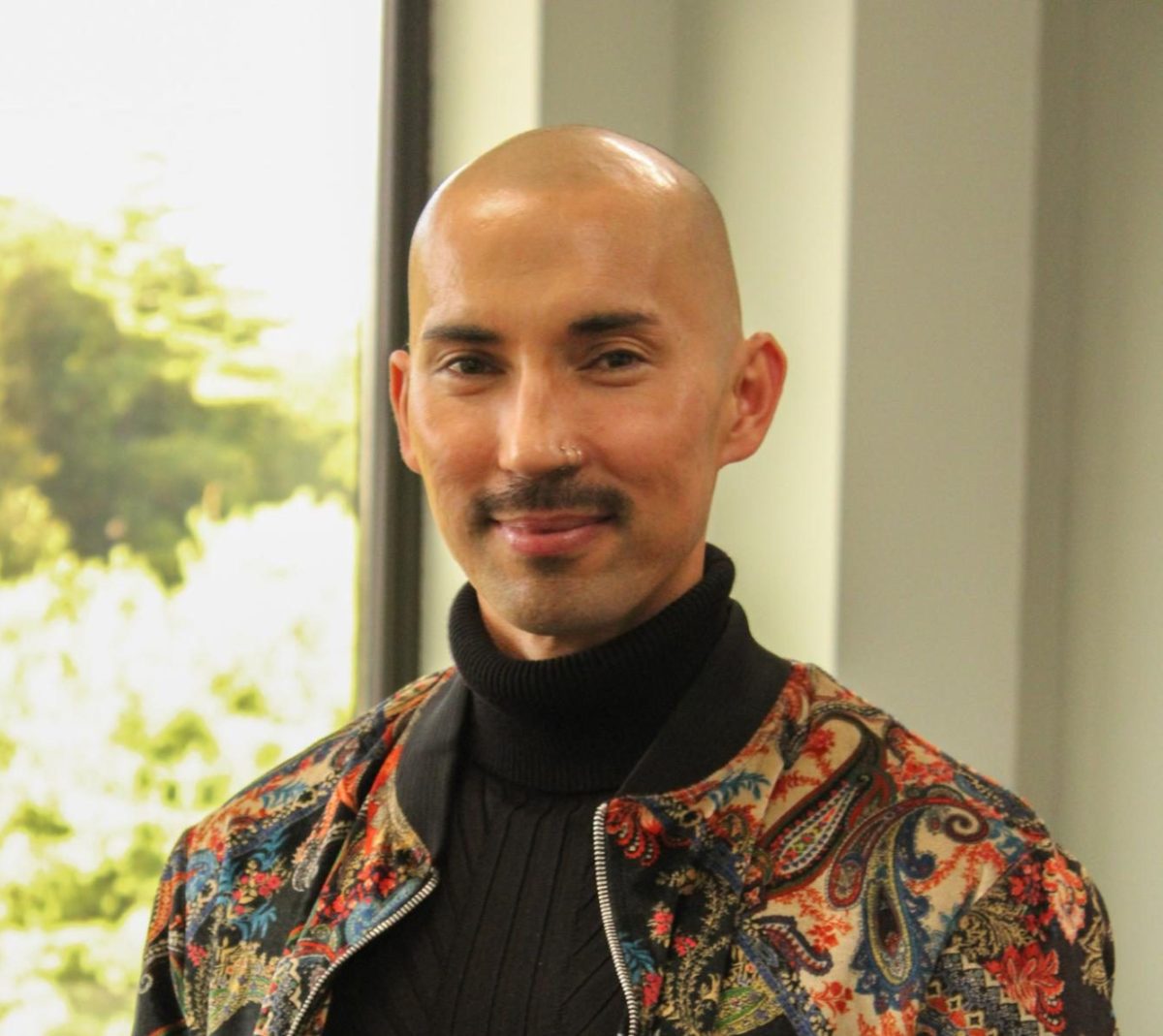Are you paralyzed by perfectionism?
Well CT State Manchester professor Dr. Stacey Bottone has the steps you need to take to get over yourself in her new book “Perfectionism Detox Workbook: 9 Practical Strategies to Alleviate Stress, Manage Anxiety, and Reclaim Your Time for What Really Matters,” published in January.
Bottone teaches Business Office Technology, College and Career Success and other courses at Manchester. Together with “Productivity Detox Workbook: 9 Actionable Strategies to Build Focused Habits, Master Time Management & Achieve Your Goals,” the two books make up her Momentum Series.
Both titles can be found on Amazon for $14.99 for paperback and $28.99 for hardcover.
Q: Are people born perfectionists, or is it learned behavior?
A: It starts from childhood in an early environment all the way into adulthood.
Q: What role does self-esteem play in the development of perfectionism?
A: It’s multipurpose, one of those characteristics that we have to kind of look at myopically. It’s one of those things that I would say in basic terms to understand that you’re enough and that sometimes it’s okay to be done than to be perfect.
Q: In what ways does social media reinforce or challenge perfectionism?
A: Unfortunately, I do think that it plays a big part in a big way because a lot of what we see isn’t reality. We see the most perfect things of those who people look up to that might be influencers or others, but that might not be what their lifestyle is or what’s really going on. But it’s that image that affects a lot of individuals, whether younger or even older.

Q: Can perfectionism be unlearned or transformed into a healthier mindset?
A: Yes, it’s a mindset shift at the end of the day. It’s taking what you’re learning and transforming into a growth mindset, it’s kind of reframing those thoughts that are self-doubting or the more negative mindset into a positive way.
Q: What are some ways or strategies for dealing with perfectionism?
A: Journaling and self-reflection




















